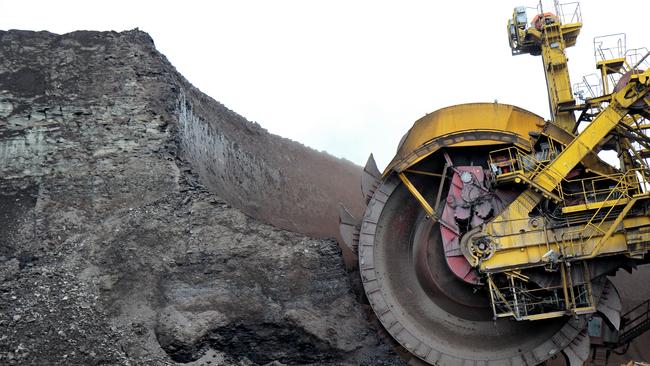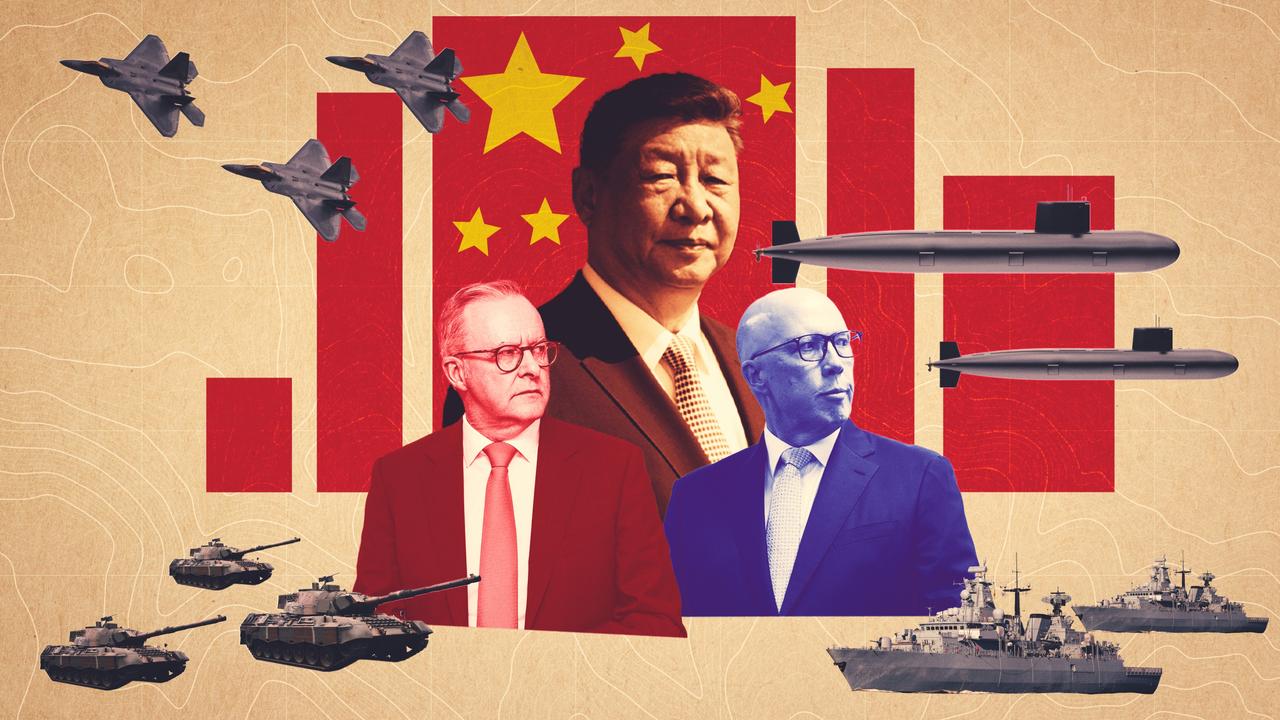The coal, hard fact is we must put jobs first in this economic climate

The data doesn’t lie. You can’t.
While we have reduced our emissions by 5 per cent (largely by making it illegal for farmers to clear their own land), our manufacturing industry has gone backwards for the first time. During the past decade Australian manufacturing has declined in real, absolute terms. The 1990s and 2000s were not boom times for manufacturing but the sector still managed to grow by 10 per cent each decade. Since 2010, it has shrunk by 5 per cent.
During that time, our pursuit of climate change and renewable energy policies helped double the cost of energy, despite our abundant reserves. The COVID-19 pandemic shows what a mistake this has been.
Now everyone wants to secure our supply chains and start making things again. None of this talk will lead to renewed manufacturing strength, however, if we do not get serious about reducing energy costs. And to do that we need to make tough choices about what is important in a post-COVID, economically depressed world.
Talk of the immediate importance of reducing our small carbon footprint now sounds like a discordant echo from a bygone era. With millions are out of work, and our major trade partner threatens our economic security, why would we continue to self-flagellate by imposing the additional costs of reducing carbon emissions for no environmental benefit?
China’s recent actions demonstrate beyond a doubt that there is no hope a global agreement to reduce carbon emissions will lead to any meaningful global action. If we can’t trust China to keep faith with a trade agreement signed just a few years ago, and can’t trust it to be upfront on the pandemic, how can we trust China to honour a global agreement to reduce carbon dioxide emissions?
I do not make these points to critique others. I made the mistakes too. I have been a supporter of the Paris Agreement because Australia has benefited from international agreements. But things have changed. With the need to secure our manufacturing industry and the clear breakdown of international co-operation, we must face the fact that era is over.
We should end our participation in the Paris Agreement, given the more immediate need to secure our manufacturing jobs. And we should rule out any moves to net-zero emissions or a future global agreement on carbon until other countries, much larger than us, demonstrate real reductions in their carbon emissions.
Our future targets continue to restrain our ability to make the tough choices to rebuild Australian manufacturing. Because of those targets, many are rushing to promote gas over coal. Gas in eastern Australia is not a pathway to globally competitive energy prices any time soon. The geology of our gas is not the lucrative shale seams from which the US has benefited.
At best we might hope to get the wellhead energy cost of Australian onshore gas down to $6 a gigajoule. That is still double the mining costs of most Australian black coal (and more than 10 times the cost of brown coalmining). It is also more than double the cost of US shale gas.
If we are not going to pursue and fight for the cheapest energy costs, then we are not serious about rebuilding an Australian manufacturing industry.
Some say the politics of building a coal-fired power station is too tough. I am a big supporter of gas developments but I drove to Canberra last week and I saw about 20 “no coal-seam gas” signs in western NSW. But I didn’t see a single “no coal” sign. Sure, lots of inner-city greenies oppose coal, but all politics is local. As last year’s federal election showed, if you have the locals supporting a project (such as Adani), that is a political fight you can win.
The political battle we should engage in is the one to return manufacturing jobs to Australia. To pursue naive policies that reduce our carbon emissions, regardless of what other countries are doing, hurts our ability to win that battle. To recover from this pandemic we must recognise that the era of rampant globalism is over and put Australian jobs first.
Matt Canavan is a senator for Queensland.



As the biblical saying goes, you can’t serve two masters. For a decade we have been trying to con ourselves we could. We thought you could serve the master of climate change and keep a strong manufacturing sector.